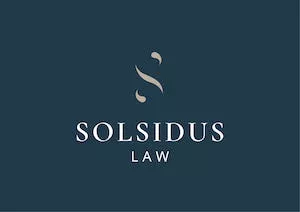Cyprus companies' law may have been recently modernised with the latest amendment passed just a year ago, but it is still a long way away from offering a codification of directors' duties. This fact will soon become a shortcoming as a latest bill submitted to Parliament for review earlier in June, requires directors to account to the Cyprus Tax Department for taxes due on companies' assets.
According to the said bill, the directors of a company, or other persons exercising management and control over the company, will be responsible to submit to the tax authorities an annual return listing all the assets of the company. Moreover, they will be required by law to take necessary steps to ensure the companies pay all taxes due to the relevant authorities.
As a way of ensuring the above reporting requirements are met and that tax is duly paid, the bill enables the Tax Department to create an encumbrance ("memo") on the fixed assets owned by non-compliant companies which have not settled their tax liabilities. This way, the Tax Department acquires preference and priority on the fixed assets over any other charges, liens or encumbrances that may pre-date the creation of the Tax Department's encumbrance ("memo").
These changes are part of a wider overhaul of the Cyprus Immovable Property Tax regime promoted by the government, as the immovable property sector in Cyprus is undergoing significant adjustments as a result of the financial crisis.
While the bill aims to ensure that companies, through their directors are held accountable for taxes due on their fixed assets, professional directors are once more put to the forefront of the corporate services industry. It is expected that this bill will create even more reasons for clients to be extra vigilant on the appointment of directors in their Cyprus structures. Appointed directors have more reasons than ever to regularly monitor transactions, the business and taxation of assets of the companies they represent, first to be compliant with applicable law, but also to safeguard the said companies' assets against possible clawbacks such as in the case of encumbrances created on fixed assets for failure to pay tax.
The bill is under review by the Parliamentary Law Committee and it is expected that it will have a rather rocky road to being voted into actual law.
For more information on directors duties, feel free to contact Stella Koukounis at s.koukounis@solsiduslaw.com or George Vrikis at g.vrikis@solsiduslaw.com.
The content of this article is intended to provide a general guide to the subject matter. Specialist advice should be sought about your specific circumstances.


